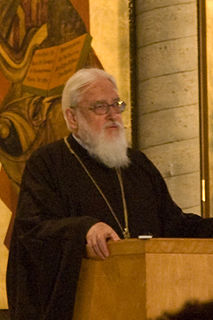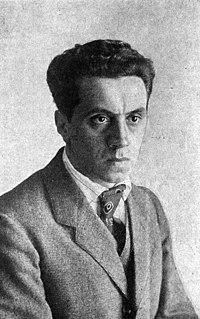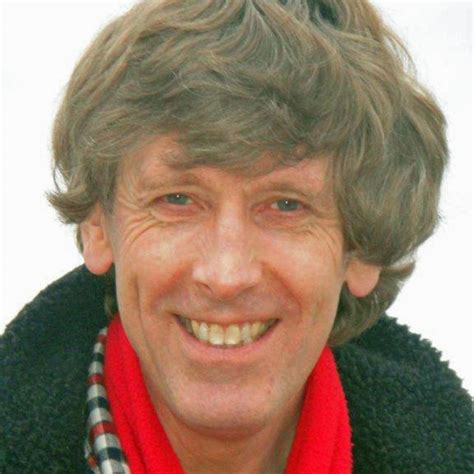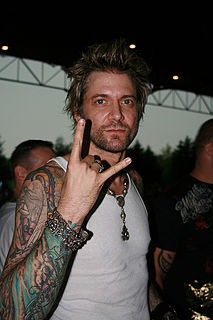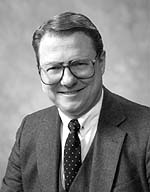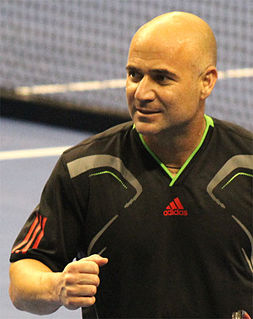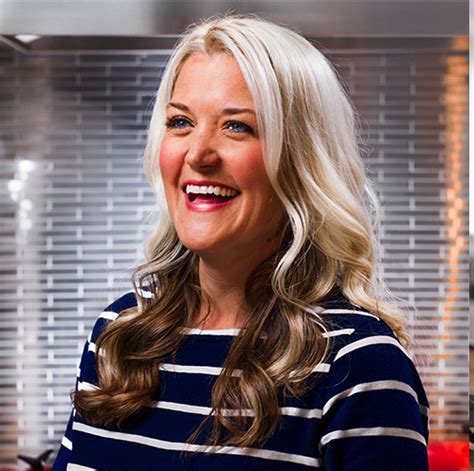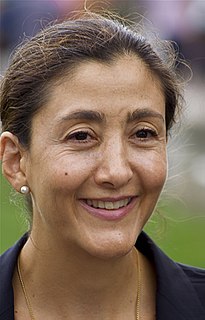A Quote by Cecelia Ahern
Our life is made up of time; our days are measured in hours, our pay measured by those hours, our knowledge is measured by years. We grab a few quick minutes in our busy day to have a coffee break. We rush back to our desks, we watch the clock, we live by appointments. And yet your time eventually runs out and you wonder in your heart of hearts if those seconds, minutes, hours, days, weeks, months, years and decades were being spent the best way they possibly could. In other words, if you could change anything, would you?
Quote Topics
Anything
Appointments
Back
Being
Best
Best Way
Break
Busy
Busy Day
Change
Clock
Coffee
Coffee Break
Could
Day
Days
Decades
Desks
Eventually
Few
Grab
Heart
Hearts
Hours
In Other Words
Knowledge
Life
Life Is
Live
Live By
Made
Measured
Minutes
Months
Other
Our
Our Time
Out
Pay
Possibly
Quick
Runs
Rush
Seconds
Spent
Those
Time
Up
Watch
Way
Weeks
Were
Wonder
Words
Would
Years
Your
Related Quotes
It is so easy to waste our lives: our days, our hours, our minutes. It is so easy to take for granted the pale new growth on an evergreen, the sheen of the limestone on Fifth Avenue, the colour of our kids’ eyes, the way the melody in a symphony rises and falls and disappears and rises again. It is so easy to exist instead of live. Unless you know there is a clock ticking.
One cannot walk down an avenue, converse with a friend, enter a building, browse beneath the sandstone arches of an old arcade without meeting an instrument of time. Time is visible in all places. Clock towers, wristwatches, church bells divide years into months, months into days, days into hours, hours into seconds, each increment of time marching after the other in perfect succession. And beyond any particular clock, a vast scaffold of time, stretching across the universe, lays down the law of time equally for all.
Life is not stationary. Seconds, minutes, hours, days, weeks, months, and years all tick away at the same clip for everyone. No age-group can be isolated. None of us can settle into infancy, youth, middle age, or old age. We all grow older, and, incidentally, it is an exciting thought if the accent is on growing. "Though our outward man perish," said Paul, "yet the inward man is renewed day by day" (2 Cor. 4:16; italics added).
It's no accident, I think, that tennis uses the language of life. Advantage, service, fault, break, love, the basic elements of tennis are those of everyday existence, because every match is a life in miniature. Even the structure of tennis, the way the pieces fit inside one another like Russian nesting dolls, mimics the structure of our days. Points become games become sets become tournaments, and it's all so tightly connected that any point can become the turning point. It reminds me of the way seconds become minutes become hours, and any hour can be our finest. Or darkest. It's our choice.
The Greeks understood that mind and body must develop in harmonious proportions to produce a creative intelligence. And so did the most brilliant intelligence of our earliest days - Thomas Jefferson - when he said, not less than two hours a day should be devoted to exercise. If the man who wrote the Declaration of Independence, was Secretary of State, and twice President, could give it two hours, our children can give it ten or fifteen minutes.

